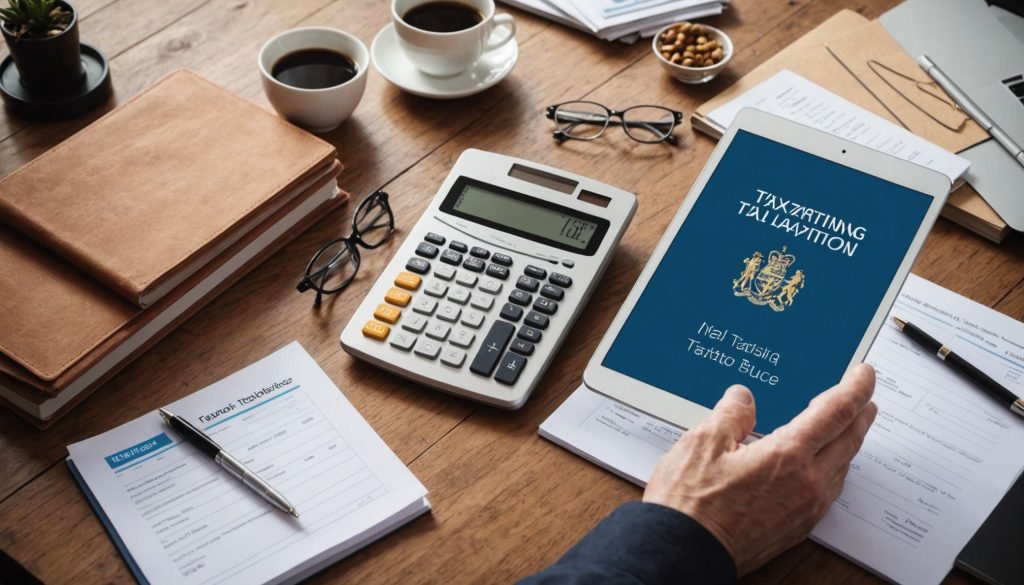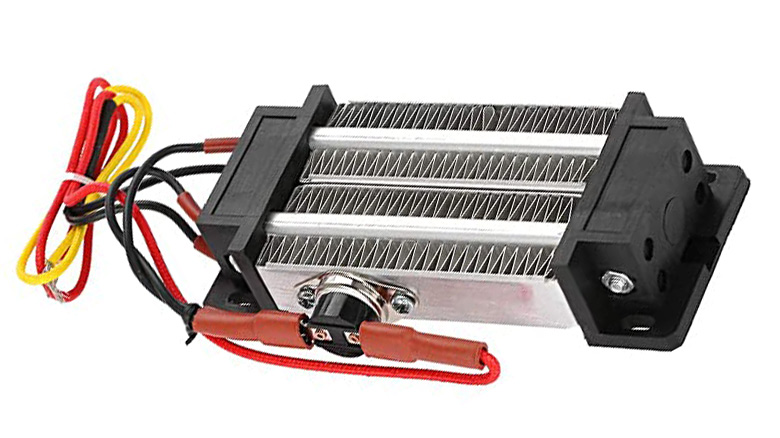Who is responsible when goods get damaged in transit?
This can be a tricky, touchy question, and one that’s been around for a long time – even before businesses existed as they do today. If the terms of a contract between buyer and seller isn’t clear, if a third party courier is used, or if there just wasn’t clear communication between involved parties before the transfer of goods, it can be really difficult to determine who suffers liability if something goes wrong. In the event of damages or losses to goods in transit, there is a big margin for losses to your business if not handled correctly. And there is also always the possibility you will be slapped with losses from damages that happened outside of your control.
There are different rules for the transfer of goods via air or sea, but for now we are going to consider just those points related to the transport of goods via road. Here are some things to consider to help determine who is responsible for damages to goods when they are in transit.
Change of ownership
Figuring out when change of ownership actually occurs during transit can help determine who is responsible for the goods at any one time. There is no hard and fast rule for when change of ownership occurs – but it’s not necessarily when goods are delivered. As long as all parties involved are on the same page and understand when change of ownership happens, it should be clear who is responsible for the goods at any given time. Sometimes change of ownership occurs as soon as the goods are sent, when they are delivered, or somewhere in between. Make sure this step is understood and agreed upon by all parties, and it will make it much simpler down the track if something goes wrong. It’s helpful even if things run smoothly for each party to know when they are responsible for the goods in question.
Transparency is key
As well as making an agreement around when ownership of the goods changes during transit, it’s important to be completely transparent in the making of a contract – so that the terms are clearly laid out and understood by both buyers and sellers. This will ensure everyone involved knows who has responsibility for the goods and when, and who is liable for losses or damages at each step of the delivery process. When the responsibility for the goods are in your hands, you are liable for any damages, and potentially covered by your goods in transit insurance policy.
Third parties
Sometimes a third party courier or carrier will be involved. This party is not involved in the buying or selling of the goods at all, only in transporting the goods. In general, this means ownership of the goods will not transfer to them at all – so it’s important to make it clear in the contract what the third party can be liable for and when. “Laws of bailment” apply here – meaning unless otherwise stated in a contract, the third party will be liable for damages or losses to the goods while in their possession, under some circumstances – which we will get to. As above, it’s important to keep up the transparency between all parties involved, including the third party tasked with transporting the goods. Insurance may not cover losses here if the private carrier/third party doesn’t have an insurable interest in the goods.
Negligence
In general, it’s safe to say that if negligence or deliberate acts are found to be the reason for the damages or losses to the goods, whichever party is responsible for the actions will be liable. This is when a third party carrier may be found liable, despite never technically having ‘ownership’ of the goods – if they are found to have acted negligently leading to damage, or deliberately caused damage.
Reducing risk – if you’re the third party
If you’re a third party/private carrier, make sure you have a clear agreement with the buyers and sellers. The goods are largely your responsibility from when you collect them, during transportation, and delivery. Misconduct or negligence from one of your employees will cost you – so make sure your staff are aware of their responsibilities. A comprehensive insurance policy is a good idea, and will mitigate any accidental losses or damages that may occur while the goods are in your possession.
Reducing risk – for buyers/sellers
Ensure clear, concise contracts are established before an agreement is made and goods sent, and that both buyer and seller actually understand the terms of the contract. The contract terms should include outlines of liability at each stage of the transport process and when change of ownership occurs.
The Final Word
The answer to the age-old question?
It depends.
Contract terms, agreements between buyers and sellers, and the possible use of a private carrier are all factors that will determine who is responsible for damages to goods while in transport. And once liability is determined, it depends on the circumstances and insurance policy for what will be covered – there are different factors involved here, too. Concise, clear contracts and agreements are a great place to start in covering you and your business against potential damages and losses to goods in transit.





